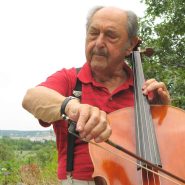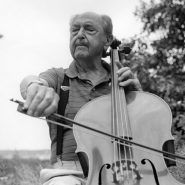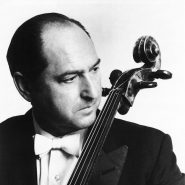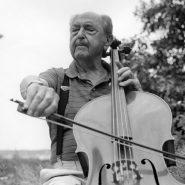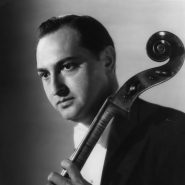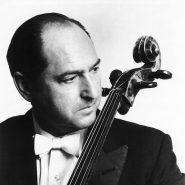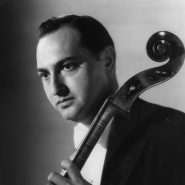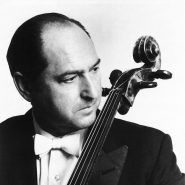Tag: cellobello
By Blogmaster January 28, 2016
By Guest Blogger January 26, 2016
Subjects Travel
Tags cello, cellobello, CelloBlog, nathan chan, WestJet
By Selma Gokcen January 21, 2016
By Elena Delbanco January 3, 2016
By Amit Peled January 1, 2016
By Steven Doane January 1, 2016
By Timothy Eddy December 30, 2015
By Astrid Schween December 29, 2015
By Kate Dillingham December 28, 2015
By Lluis Claret December 27, 2015
By Laurence Lesser December 26, 2015
By Brant Taylor December 17, 2015
Subjects Historical


